
What Kinds of Worms Can Sugar Gliders Eat?. Sugar gliders are small marsupials that can be kept as pets. In the wild, sugar gliders eat a variety of insects, gum, sap and nectar, but in captivity it's best to feed them fruits such as kiwi and honeydew, carrots, honey, some protein and a quality commercial food. Other than feeding them insects such as crickets, there are a few commercially packaged worms that are good sources of protein.
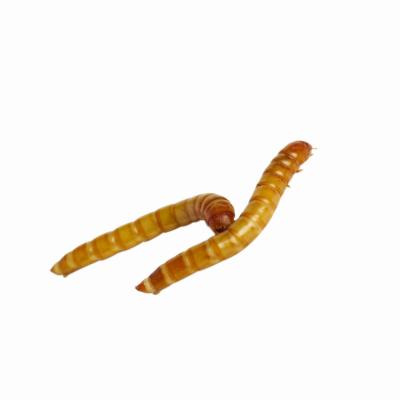
Mealworms are golden yellow, 2 inches long and have a hard exoskeleton. Most sugar gliders will eat 7 to15 a day depending on the worm's size and the nutritional needs of your glider. Because they are a favorite of the sugar glider, remember that too many are harmful, because they naturally block some calcium absorption. As a result, some owners choose to include a "no-phosphorous" calcium supplement to their sugar glider's diet when feeding mealworms regularly. They can be purchased live or dried from local and online sugar glider supply stores.
Sugar gliders can also eat live, dried or canned wax worms as well. These are small white larvae that can be purchased from local and online exotic pet food suppliers. As with all pets, sugar gliders need a variety of different colored foods to meet their nutritional needs and offering them different worms should do it. Unlike mealworms, wax worms are not associated with blocking calcium absorption. Therefore, wax worms make a good alternative protein source or bonding treat for sugar gliders as well.
Silkworm pupae are also available as a protein and treat option for domesticated sugar gliders. These are sold dried and make a good alternative for smaller sugar gliders that have trouble manipulating large mealworms. Similar to wax worms, silkworm pupae don't prohibit calcium absorption. Silkworm pupae can be purchased at exotic animal and reptile food supply stores.
Never feed wild worms or insects to your sugar glider because of possible pesticide contamination. A basic glider feeding schedule is to offer fresh dry food all day along with a portion of fresh fruits, vegetables and proteins at night. If you're feeding your sugar glider a low-protein or alternating protein diet, consider worms and crickets every other night with your glider's night-time meal instead of daily. Even though gliders need protein, never feed sugar gliders non-sugar glider foods made for other animals such as cats, dogs or ferrets, because they cannot meet a glider's nutritional needs.
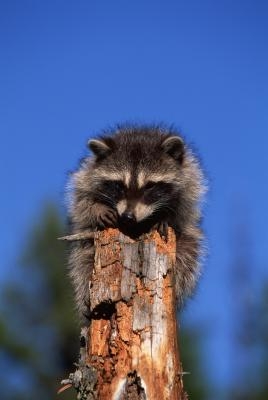 Foods That Racoons Eat
Foods That Racoons Eat
Foods That Raco
Foods That Racoons Eat
Foods That Racoons Eat
Foods That Raco
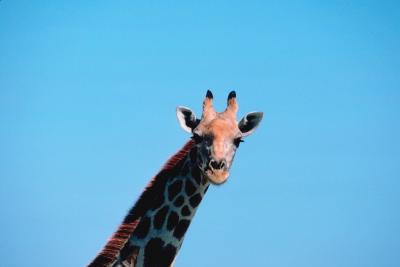 How Many Spots Does a Giraffe Have?
How Many Spots Does a Giraffe Have?
Ho
How Many Spots Does a Giraffe Have?
How Many Spots Does a Giraffe Have?
Ho
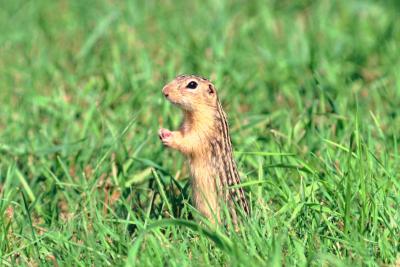 How to Care for a Baby 13-Lined Ground Squirrel
How to Care for a Baby 13-Lined Ground Squirre
How to Care for a Baby 13-Lined Ground Squirrel
How to Care for a Baby 13-Lined Ground Squirre
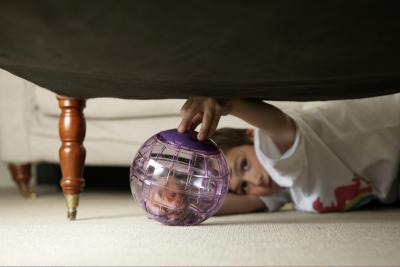 How to Make a Dwarf Hamster Like You
How to Make a Dwarf Hamster Like You
H
How to Make a Dwarf Hamster Like You
How to Make a Dwarf Hamster Like You
H
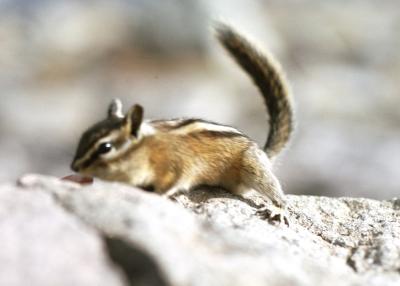 Why Chipmunks Make Bad Pets
Why Chipmunks Make Bad Pets
Why Chipmu
Why Chipmunks Make Bad Pets
Why Chipmunks Make Bad Pets
Why Chipmu
Copyright © 2005-2016 Pet Information All Rights Reserved
Contact us: www162date@outlook.com